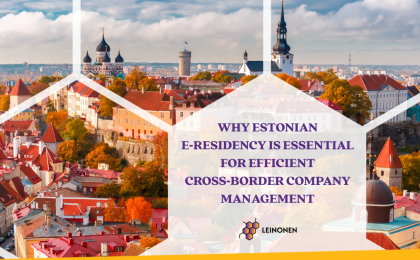The amendment introduces two important changes.
Under the current Value-Added Tax Act, transfer of an immovable or its part is treated as exempt from tax, with the exception of plots which do not contain any buildings. The taxation with VAT is based on the term ‘plot’ within the meaning set out in the Planning Act. However, under the European Union VAT directive all land designated for construction should be VAT taxable. Starting from 1st of October 2018, the Value-Added Tax Act will be harmonised with the VAT directive and the concept of ‘plot’ will be replaced with ‘building land’. Building land is a wider concept than plot which will significantly expand the VAT tax base.
The second important change also concerns the taxation of immovables by VAT. Due to the fact that under the Value-Added Tax Act which was in force until the 1st of May 2004 a transfer of a new building and plot was tax exempt, and under the current Value-Added Tax Act it is taxable with a 20% rate, a transitional provision of the Value-Added Tax Act has been introduced under subsection 46 (3). Under the transitional provision, the 20% tax rate shall not be applied on transfer of buildings prior to their first entry into service if the construction works of such building began before the 1st of May 2004. The beginning of the construction works may be either an existing building permit or the physical commencement of the construction which the taxpayer is required to prove (e.g. by means of expense receipts). At the second reading of the amendment at Riigikogu, the exclusion of the transitional provision set out under subsection 46 (3) was proposed. According to the wording of the amendment proposal, this transitional provision has already fulfilled its purpose. Therefore, starting from 1st of October 2018 the transitional provision is void. Going forward, all land intended for construction shall be taxed by 20% VAT regardless of the time of its purchase.




